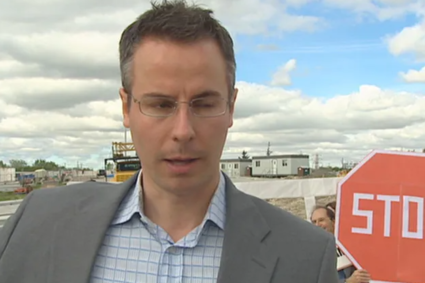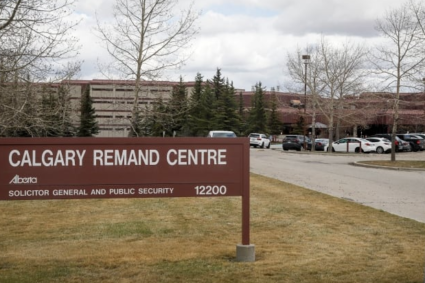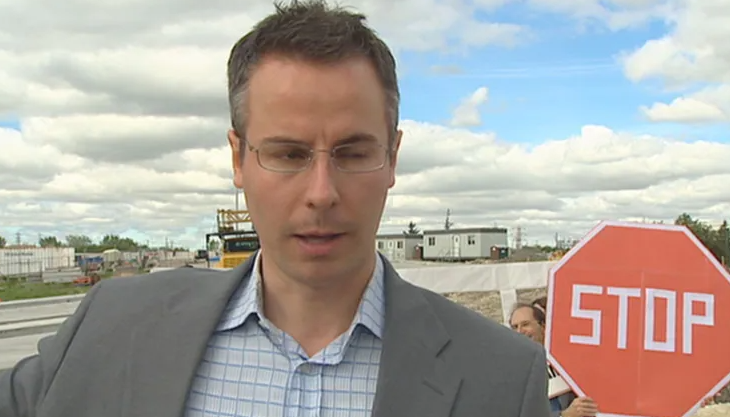
Four men charged in connection with an alleged racially motivated assault in Abram-Village in early September had their first court appearances in Summerside Wednesday.
Three of the four accused were not present in court, but their lawyers asked for their cases to be adjourned because the Crown had just disclosed its information. The lawyers for the accused say it’s a large package of information that they have to sort through before their clients enter a plea.
The lawyer for one of the accused questioned comments made by Premier Dennis King in the days following the incident.
In a statement posted to Twitter on Sept. 7, Premier King condemned the incident as what he called “an act of racism and hate” that “tarnished” the Island.
“It’s not the place of elected officials to litigate or to find these people guilty in the media or out there, essentially, our clients are all still not guilty in the eyes of the court and in the eyes of the law,” said Daniel Gallant, with Noël & Associates.
2 men injured
Police were called to the Évangéline Recreation Centre during the early morning hours of Sept. 3, as an event connected to the P.E.I. Acadian Festival was wrapping up.
Two men were injured and were taken to hospital with non-life threatening injuries.
- 4 charged after suspected racially motivated assault in western P.E.I.
- 2 taken to hospital following attack at P.E.I. Acadian festival
Local groups say the victims were immigrants from Algeria who had settled in the area, and called the attack racially motivated.
Police made four arrests within days of the incident, but charges were not laid until late November.
Police charged:
- Darren Richard, 29, of Egmont Bay, with assault and uttering threats
- Samuel Bernard, 25, of Urbainville, with assault
- Troy Gallant, 28, of Abram-Village, with assault
- Tyson Arsenault, 23, of Wellington, with mischief
Troy Gallant was the only one in court Wednesday and made a brief appearance. All four who have been charged will be back in court Jan. 18.
Sources close to the men injured say they and their families have since moved out of the Évangéline region because they no longer felt safe there.



















